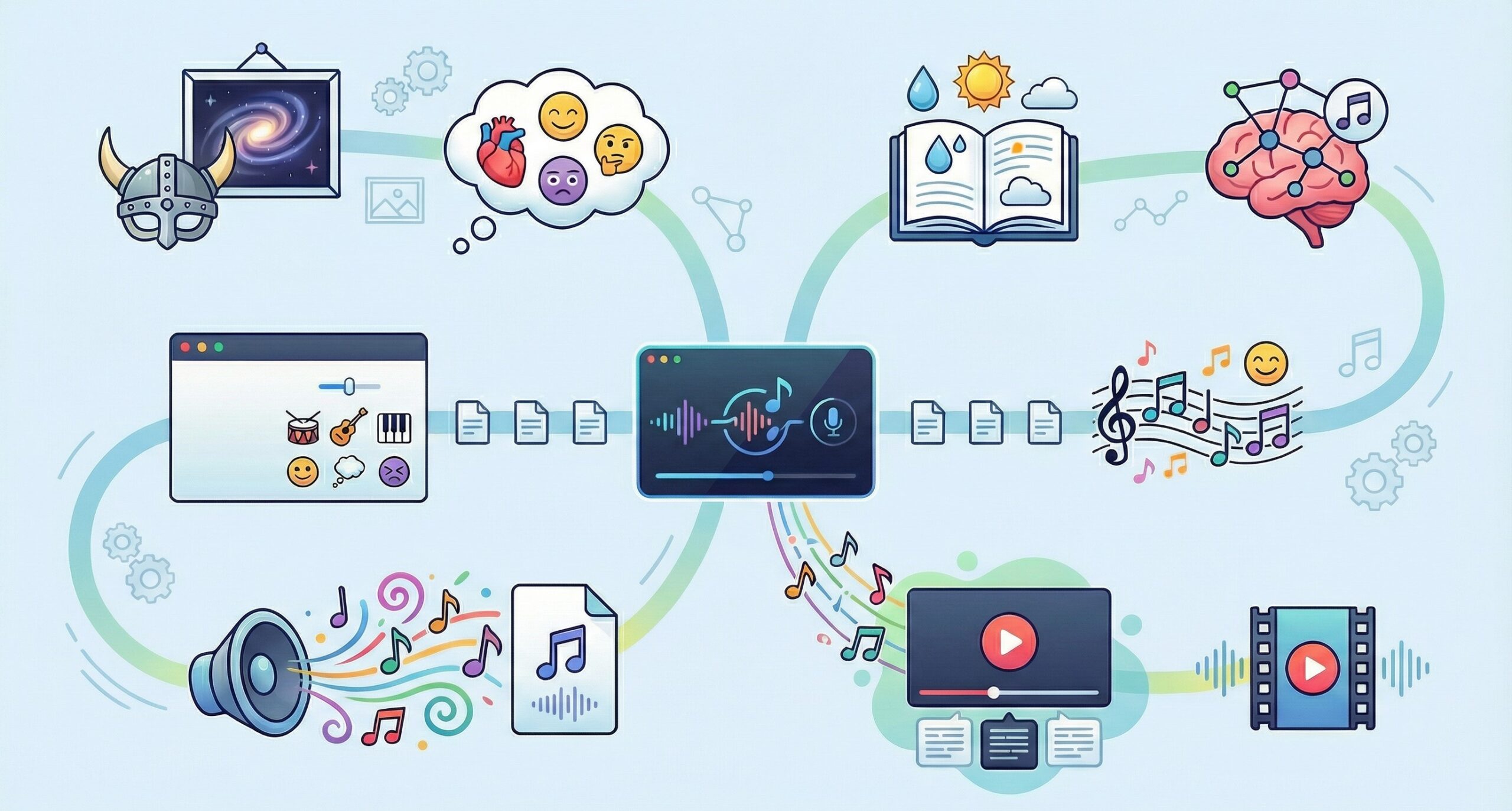
Nya multimodala arbetssätt för undervisningen med Geminis musikverktyg Lyria 3 och Google Vids

Their work has assisted me to help many teams around the world build performance capacity to make a positive difference to student outcomes in their schools and systems.
The basis of this work is to help teams work on, and achieve, awesome changes to the way they think and talk about student learning. Ultimately, it’s about how teams within the school, and system, think and act in relation to other teams, creating a unified body that work continuously on behalf of, and with, students to help them achieve their best.
FIVE QUESTIONS TO HELP MAKE YOUR TEAM PERFOMANCE AWESOME
The starting point of building awesome teams is consideration of 5 questions.
What is the purpose of your team?
This is a crucial starting point for your team. It is important that your team has a clear and succinct purpose. All future work will depend on all team members being able to articulate why they come together and what they hope to achieve. These are important reference points to assist your team to build process and products as they work towards achieving their goal.
What type of team do you want to become?
This question is about the ‘end point’ or the ’vision’ for your team. What type of team will your team be when working at its height of performance? All teams need a compelling picture of what they are trying to achieve in terms of team outcomes and process. With such a picture, your team will be able to direct their efforts more concisely towards the agreed goal.
How will your team interact amongst themselves and with other teams?
Question 1 is the starting point. Question 2 is the end point. Now your team considers how they will act towards each other and with other teams in order to get from the starting point to the end point. Why attempt to be a collaborative group if all team members do not collaborate and, similarly, why hope to be a consultative group, if there isn’t interest in being available for consultation or discussion. Your actions within the team and outside the team will determine how you are perceived and whether your team can achieve the end point.
What actions will your team take and when will they be taken?
Once questions 1 to 3 are answered, your team can turn attention to the types of actions that will be taken to achieve your team’s vision. Actions are identified and documented in chronological order, in order to keep the team ‘on game’. A timeline is matched to the actions with specific dates for actions to be completed. Your team may need to adjust the timeline and list of actions as you work together, but most importantly, it will help your team keep track of their direction. These actions are ‘sign-posts’ along the way, to keep your team in-step, and working together towards their vision.
How will your team know when each step has been achieved?
I always say, it’s not only the end point we need to visualise, but also how we know when we get there. Taking time to visualise the sign-posts and the end point will keep your team focused and working towards the team’s vision. It is important that all team members agree on these signposts and what they look like. That way, your team can hold each other accountable and assist each other achieve what you have set out to do.
IN CLOSING
Good luck with your teams and the discussions that may be inspired by these questions. Clarity around these questions will assist your teams become more awesome, and achieve great things for your school, your students and the wider community.